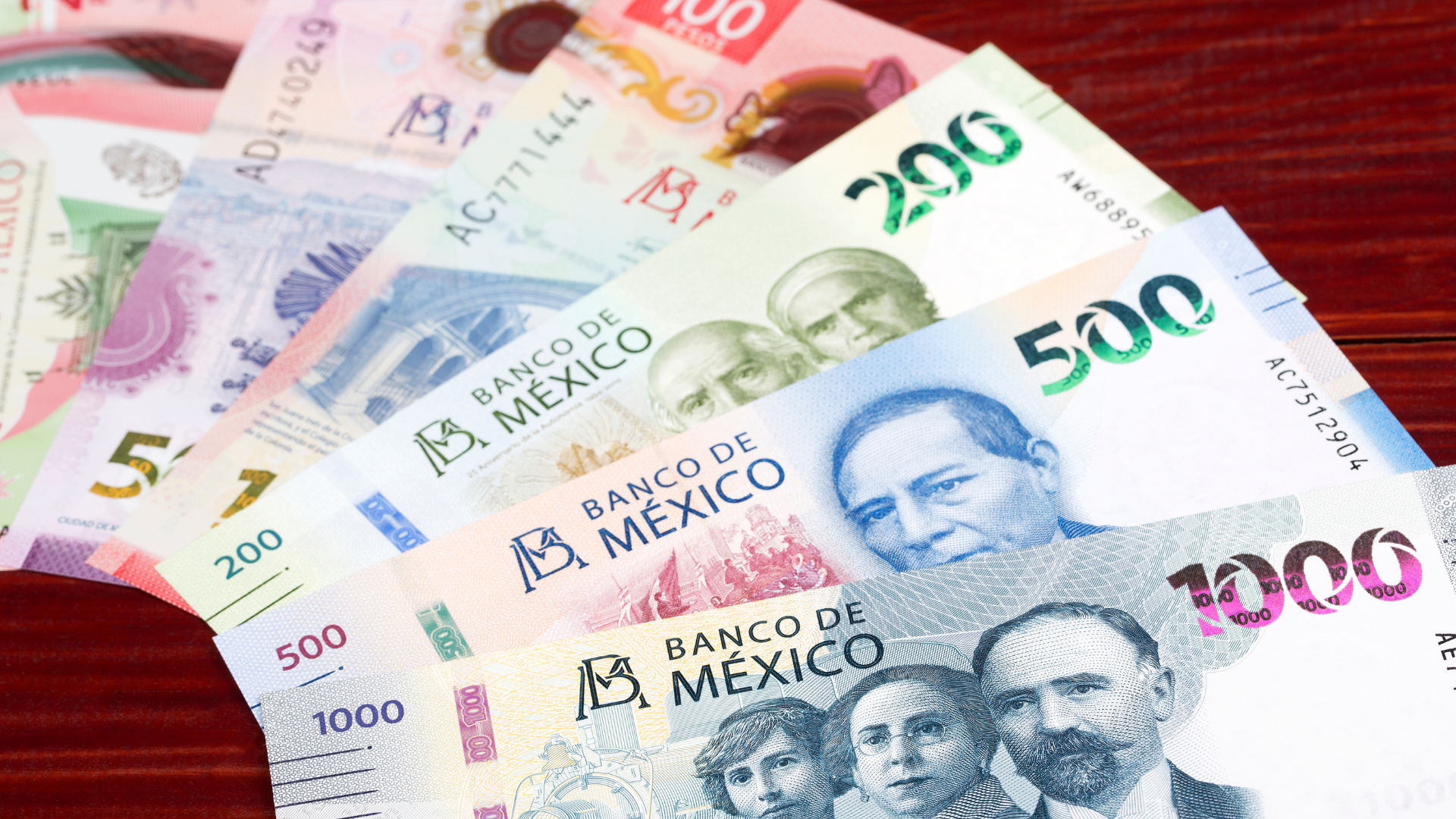Cheap valuations, once the hallmark of Japan’s stock market, are losing their appeal among global investors. With the Nikkei 225 and Topix indices hitting multi-decade highs, market participants are shifting their focus to shareholder returns and corporate governance reforms. Analysts argue that while Japan’s stocks still trade at a discount compared to global peers, the market’s real allure lies in a transformation in how companies engage with shareholders.
This shift is driven by Japan’s increased focus on boosting return on equity (ROE) and improving transparency, making these factors the new benchmarks for investors. Reforms initiated by the Tokyo Stock Exchange and policy-driven mandates for higher dividend payouts are gaining traction, leading to significant structural changes. Experts believe that these reforms, rather than traditional undervaluation metrics, are sustaining the surge in foreign inflows.
Foreign investors, who account for a large share of trading activity, poured a record $55 billion into Japanese stocks this year. While currency weakness has traditionally made Japanese equities attractive, it is now viewed as secondary to the broader narrative of value creation. Asset managers emphasize that Japan’s corporate sector is demonstrating a stronger commitment to delivering returns, further solidifying confidence in the market’s prospects.
The days when Japan’s stock appeal relied solely on being “cheap” appear to be over. With corporate governance taking center stage, investors are betting on Japan’s ability to sustain growth through more efficient capital allocation. As earnings potential becomes the new focus, analysts predict that Japan’s rally may have a longer runway than previously anticipated.






















